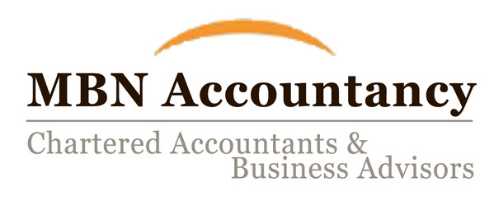The Construction Industry Scheme (CIS) requires registration of anyone who works in that industry, be that a sole trader or a company. The registration rule includes the largest of businesses if that business is paid by another engaged in construction operations.
Since 6 April 2021 non-construction businesses that regularly carry out or commission construction work on their own premises or investment properties are deemed to be contractors should that work have exceeded £3 million within the previous 12 month period.
Smaller non-construction businesses are excluded from the scheme as are private households. However, where a builder working in a private property then subcontracts work to other tradesmen (e.g. bricklayers, electricians, plumbers etc), then that builder must operate the CIS even though the works are undertaken on a private home because the contract is between the two businesses.
In some instances, it may be difficult to decide whether work is ‘construction’ in nature but if there is any doubt, registration should be made; this would be the case even if those works/services are not actually undertaken. Where various types of works are undertaken, some of which would be outside CIS (e.g. plumbing work) and some inside CIS (e.g. painting and decorating), then all of the works undertaken or services provided under that contract will be within CIS.
How much to deduct
The contractor is required to withhold an amount which is then deducted from the tax liability of the sub contractor incurs following submission of the self assessment tax return.
There are 2 rates of deduction:
- standard 20% rate – applied to payments made to those subcontractors that are registered and been ‘verified’ (confirmed as being registered) with HMRC and
- higher 30% rate – applied to payments made to subcontractors with non verification
Gross payment status can be claimed under strict conditions including complying with tax obligations and meeting turnover limits (e.g. £30,000 for sole traders).
Interaction with PAYE
When a company contractor pays CIS and PAYE deductions for employed workers, all deductions are combined and made as one payment. If a company suffers CIS deductions then such deductions can be offset and the balance paid.
If a company has no employees, there can be no PAYE offset and no automatic method of reclaiming the CIS suffered; the company therefore needs to submit a formal claim for the refund which can be done online. The CIS deductions suffered will then be refunded directly into the company bank account or the claim can request deduction from the corporation tax or VAT liabilities.
HMRC are notoriously slow in making these refunds and it is not unusual for a company to be required to pay their corporation tax and then receive a refund of the CIS suffered at a later date. HMRC system will check for any unpaid liabilities or penalties before processing the claim and these will be deducted from the repayment.
Unfortunately this offset system is not available to sole trader and partnership subcontractors who can only offset the CIS deductions against personal self assessment liabilities.
Penalties
The submission date for monthly returns is 14 days after the 5th of the month end. Penalties are levied for non submission as follows:
| Months late | Penalty |
| Up to one month late | £100 |
| Up to Two months late | £200 |
| Up to six months late | £200 plus £300 (or 5% of the deduction whichever is the greater amount) |
| Up to 12 months late | The same penalty as for six months late plus another £300 (or 5% of the deductions whichever is the greater amount) |
One facility that might not be known is that if a contractor realises a return will not be submitted on time, an application can be made for an extension. A penalty will not be raised so long as the application is made before the submission date and the reason given for the late submission falls within the usual definition of a ‘reasonable excuse’.
For help and advice on CIS requirements, please contact us

